The petition has also called on the EU reform the EU pesticide approval process and set mandatory targets to reduce pesticide use in the EU.
The petition has now forced the European Commission to consider the proposal to ban glyphosate. The call for the ban is amidst fears that glyphosate causes cancer, something that has been hotly debated from agencies and scientists alike.
Currently, renewing the license for glyphosate, which is the main ingredient in Monsanto’s Round Up, is up for decision by the EU and is expected to be concluded by December. In May, Health and Food Safety Vytenis Andriukaitis told the Irish Farmers Journal that he had secured the approval of fellow commissioners to seek the re-authorisation of glyphosate for 10 years.
Recently, Phil Hogan has come out in favour of glyphosate aswell as European farmers, who called for a 15 year licence extension for the herbicide back in April.
The ECI organisers will submit the signatures at the beginning of July, in order to require the Commission to formally respond before the final decision on a new glyphosate licence is made.
Disagreement on Glyphosate
The debate around glyphosate is one that has caused contention between agencies and scientists alike.
A recent investigation into unreported court documents by Reuters, which was published on Wednesday, claimed that a scientist leading a review into glyphosate had left out vital evidence regarding the herbicide when reporting to the International Agency for Research and Cancer (IARC).
The paper claims that Aaron Blair, an epidemiologist from the U.S. National Cancer Institute had failed to inform the IARC of vital evidence that may have impacted on their verdict that glyphosate was “probably carcinogenic”.
Evidence found that previously unreported court documents from an ongoing U.S. legal case against Monsanto, show that Blair knew the unpublished research which found no evidence of a link between glyphosate and cancer, but did not inform the IARC of this.
In March, Blair admitted that such evidence would have altered the IARC’s conclusions against the herbicide.
Data
Monsanto were highly critical of the new revelations which have surfaced, their vice-president of strategy, Scott Partridge told Reuters that the IARC review “ignored multiple years of additional data from the largest and most comprehensive study on farmer exposure to pesticides and cancer”.
The unpublished research came from the Agricultural Health Study, which was led scientists at the U.S. National Cancer Institute.
Read more
Missing data could have cleared glyphosate of cancer link - report
The petition has also called on the EU reform the EU pesticide approval process and set mandatory targets to reduce pesticide use in the EU.
The petition has now forced the European Commission to consider the proposal to ban glyphosate. The call for the ban is amidst fears that glyphosate causes cancer, something that has been hotly debated from agencies and scientists alike.
Currently, renewing the license for glyphosate, which is the main ingredient in Monsanto’s Round Up, is up for decision by the EU and is expected to be concluded by December. In May, Health and Food Safety Vytenis Andriukaitis told the Irish Farmers Journal that he had secured the approval of fellow commissioners to seek the re-authorisation of glyphosate for 10 years.
Recently, Phil Hogan has come out in favour of glyphosate aswell as European farmers, who called for a 15 year licence extension for the herbicide back in April.
The ECI organisers will submit the signatures at the beginning of July, in order to require the Commission to formally respond before the final decision on a new glyphosate licence is made.
Disagreement on Glyphosate
The debate around glyphosate is one that has caused contention between agencies and scientists alike.
A recent investigation into unreported court documents by Reuters, which was published on Wednesday, claimed that a scientist leading a review into glyphosate had left out vital evidence regarding the herbicide when reporting to the International Agency for Research and Cancer (IARC).
The paper claims that Aaron Blair, an epidemiologist from the U.S. National Cancer Institute had failed to inform the IARC of vital evidence that may have impacted on their verdict that glyphosate was “probably carcinogenic”.
Evidence found that previously unreported court documents from an ongoing U.S. legal case against Monsanto, show that Blair knew the unpublished research which found no evidence of a link between glyphosate and cancer, but did not inform the IARC of this.
In March, Blair admitted that such evidence would have altered the IARC’s conclusions against the herbicide.
Data
Monsanto were highly critical of the new revelations which have surfaced, their vice-president of strategy, Scott Partridge told Reuters that the IARC review “ignored multiple years of additional data from the largest and most comprehensive study on farmer exposure to pesticides and cancer”.
The unpublished research came from the Agricultural Health Study, which was led scientists at the U.S. National Cancer Institute.
Read more
Missing data could have cleared glyphosate of cancer link - report




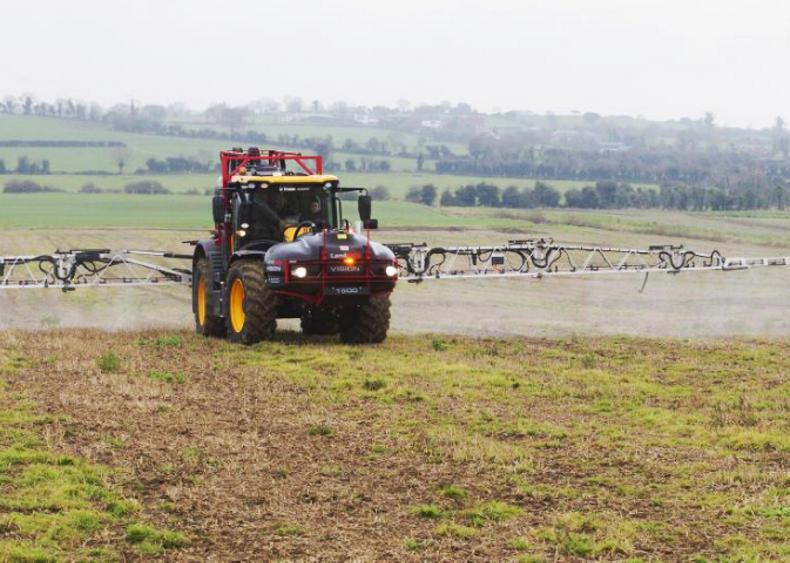
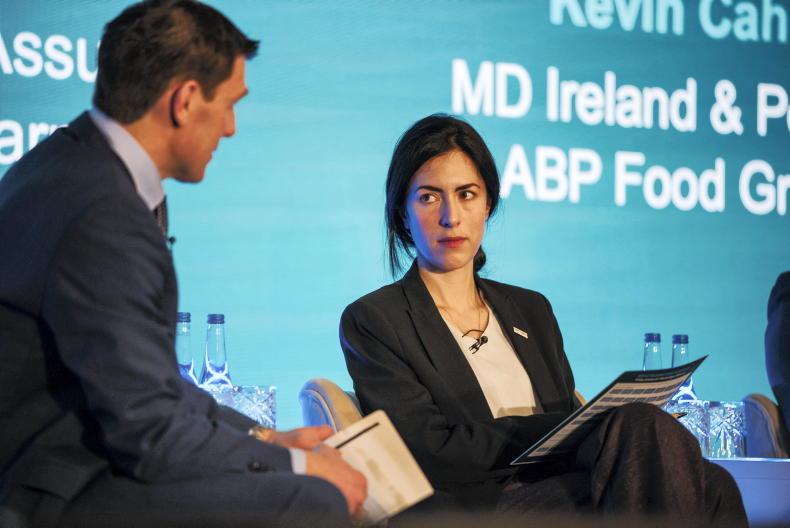

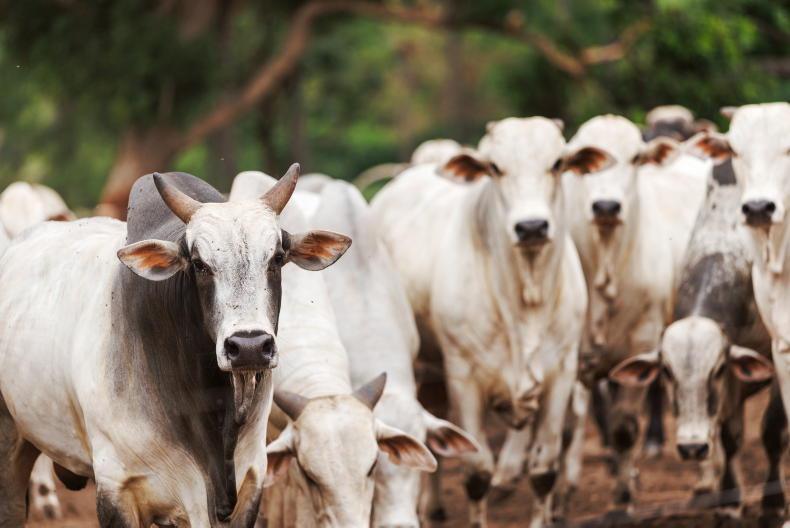
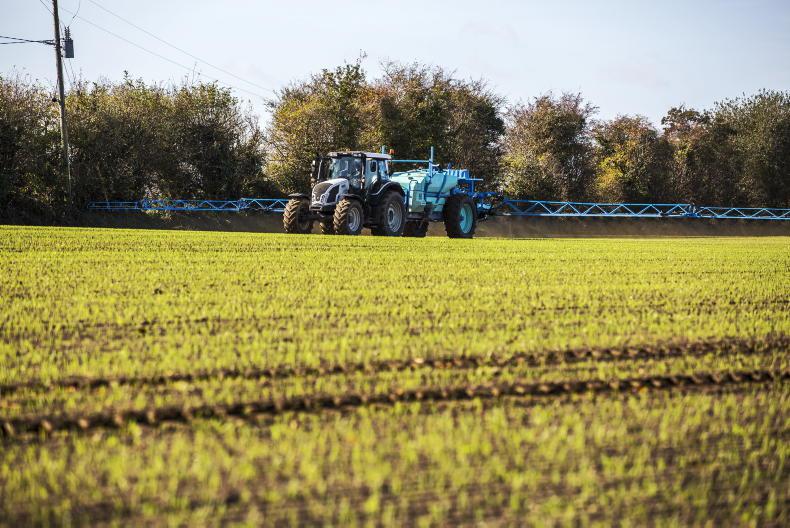
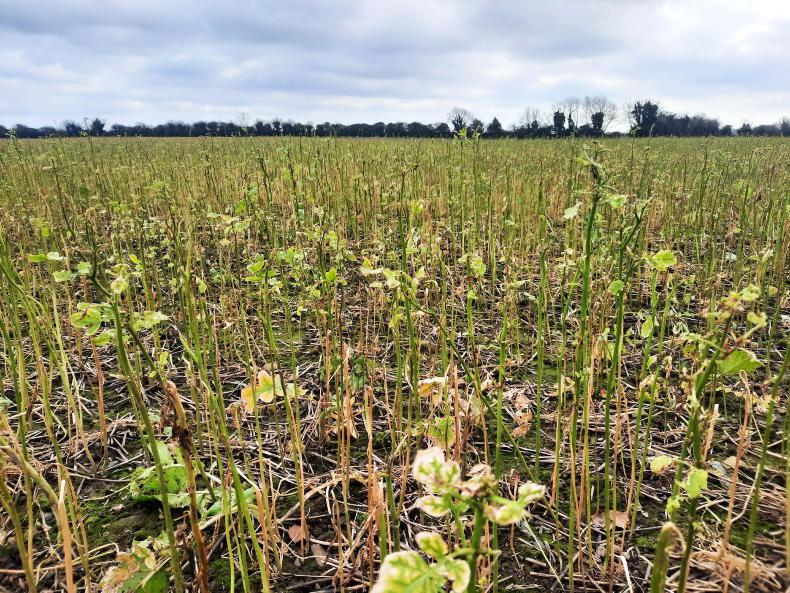
SHARING OPTIONS